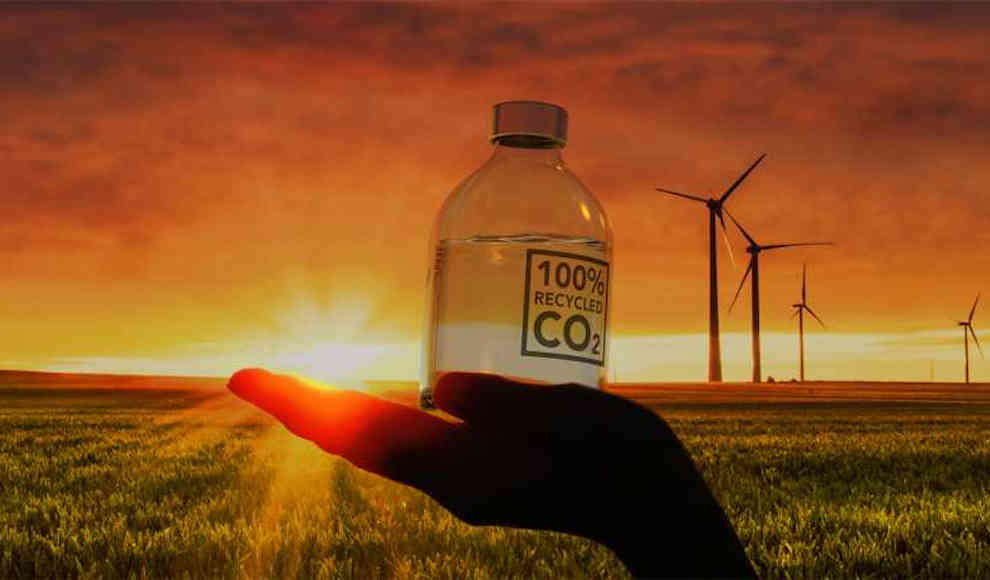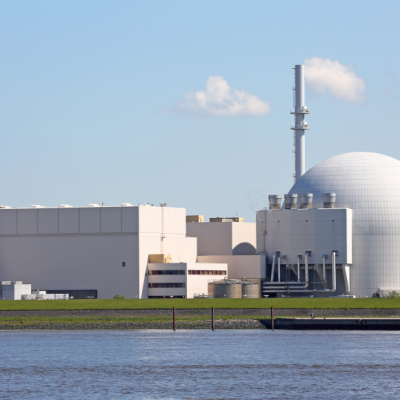A new catalyst has been developed that efficiently produces methanol from CO2 and hydrogen, which can be used as a fuel. Even emissions from power plants can be used for this purpose. Scientists at ETH Zurich have developed another way to make the harmful carbon dioxide usable just a few months after the SUN-to-LIQUID project was introduced, which produces kerosene from water and CO2 using solar energy. In collaboration with the oil company Total, a catalyst has now been shown that produces methanol from CO2 and hydrogen. According to the research presented in the journal Nature Communications, the new technology has realistic chances of enabling sustainable production of fuels and chemicals on an industrial scale.
The basis for the chemical reaction was discovered by the scientists led by Javier Perez-Ramirez several years ago. The catalyst made of indium oxide produces almost no problematic by-products besides methanol and water. However, due to its low activity, the catalyst has not yet been economically viable. The addition of a minimal amount of palladium to the indium oxide of the catalyst was able to increase its activity to the point where it appears to be economically viable. This is done by inserting individual palladium atoms into the crystal lattice of the indium oxide, which then anchor further palladium atoms and form clusters.
Methanol is one of the basic chemicals used in the industry to produce fuels and other chemical products. Additionally, methanol can also be used directly as a fuel. The new technology only requires CO2 for production, which can be filtered from the air according to the scientists. To further increase efficiency, emissions from power plants can also be used. The hydrogen required for production needs electricity from renewable sources such as solar, wind, and hydropower to achieve carbon-neutral production of methanol. Total plans to build the first demonstration plants based on the new catalyst in the coming years. Meanwhile, the technology, which is said to be close to market readiness, has been patented.










